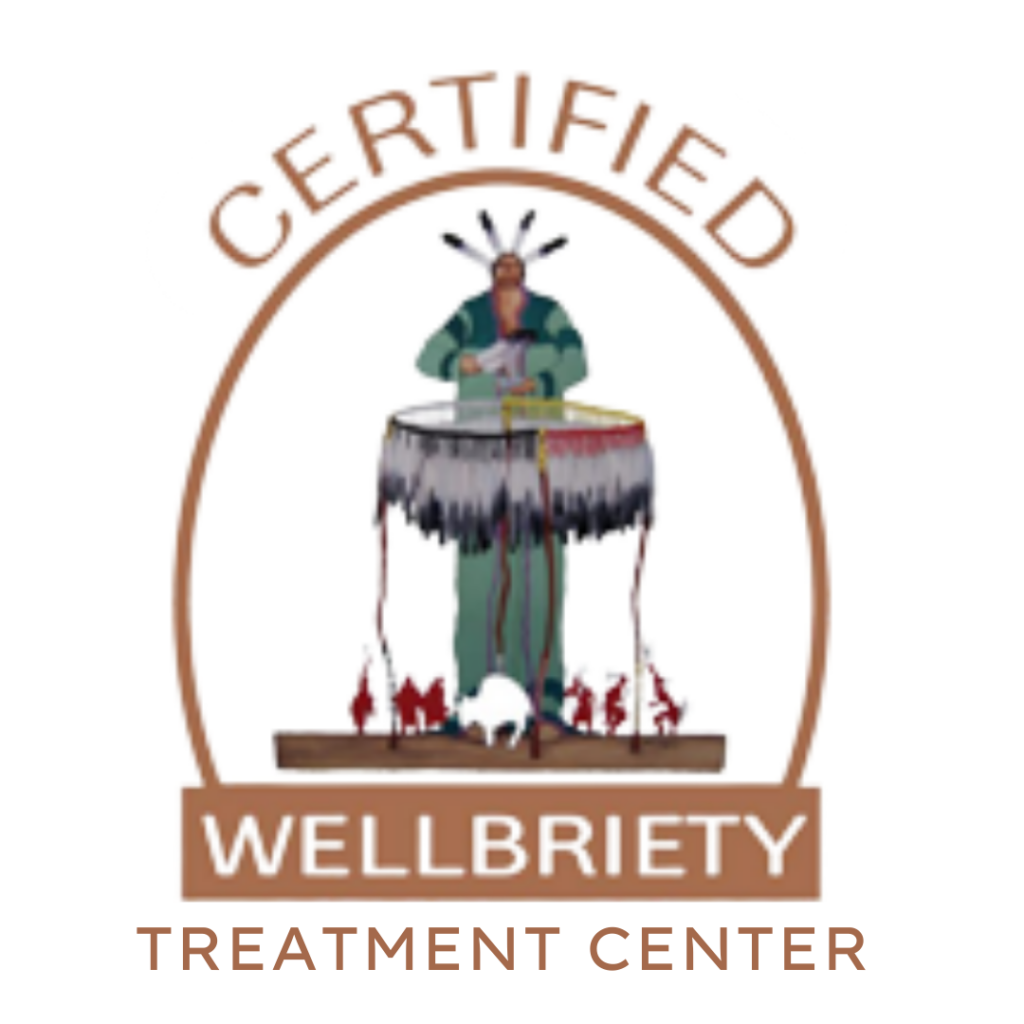Some people say that relapse is part of recovery, but what do you do when your loved one’s detox and rehab stays followed by periods of sobriety and relapse become a pattern? It may be tempting to blame the person and their actions alone for their relapses, but this isn’t fair. Chances are your loved one knows the importance of relapse prevention, and you can remind them of it. Also keep in mind that:
Patience is key.
It’s difficult to understand the emotions and circumstances experienced by someone with a substance use disorder when you haven’t experienced them firsthand. That’s why patience is key when your loved one relapses. Overcoming addiction is not easy—it is a physically and mentally draining sequence of withdrawal, abstinence, and maintenance. When your loved one relapses, it may not be for lack of maintaining relapse prevention efforts. Substance use disorder is a brain disease, making physiological and psychological dependence on drugs or alcohol difficult to break.
There are a number of factors that may contribute to a relapse, some of which cannot be foreseen. It’s important to remember that relapse is not failure and that sobriety is attainable no matter your loved one’s relapse count. Exercise patience and understanding and try to not get angry with your loved one.
You should offer help but don’t enable them.
When your loved one relapses, do your best to be there for me as a helping hand if they want it. It may be difficult to offer support when you are upset or feel betrayed, but someone who has recently relapsed needs to feel that their family and friends are there for them through times of trouble and times of sobriety. Encourage them by reminding them of the importance of their recovery and why they took steps toward sobriety to begin with and help them to avoid triggers as best you can.
Keep in mind that your loved one may be reluctant to accept your help and may outright reject it. A myriad of emotions accompany relapse, and your loved one may say or do things they don’t mean to push you away for any number of reasons. Again, be patient. Ask how you can help.
Take care that you are not enabling your loved one, though. Let them know that relapse is not okay or sustainable for them or for you— and don’t dismiss any guilt or make excuses for their relapse— but that it doesn’t mean that they will lose you or your support. If you find that you are giving up too much for them at the expense of your own well-being, you may be in an enabling, codependent relationship. This will ultimately complicate things, isn’t healthy, and in no way will help your loved one to strengthen their relapse prevention efforts.
You can’t blame yourself.
Your loved one’s relapse is not your fault, no matter what you or they think or say. Substance use disorder is a brain disease and ultimately a result of genetics and decisions based on genetic predispositions and situations. Just as you can’t blame yourself, you must set boundaries for your own health. Your loved one’s actions are completely out of your hands, and though your support can be influential, what they ultimately do or don’t do is entirely at their discretion and has nothing to do with you.
Relapse is hard on both those with a substance use disorder and their loved ones, but it’s important to not give up. Sobriety is attainable at any stage of addiction, and it’s never too late to seek treatment and begin a new, positive life of recovery.
If your loved one has relapsed, Royal Life Centers can help Because We Care. Please contact our admissions team today at (877)-RECOVERY to learn about our treatment programs designed to effect lasting change in the lives of those with substance use disorder and their loved ones.
























